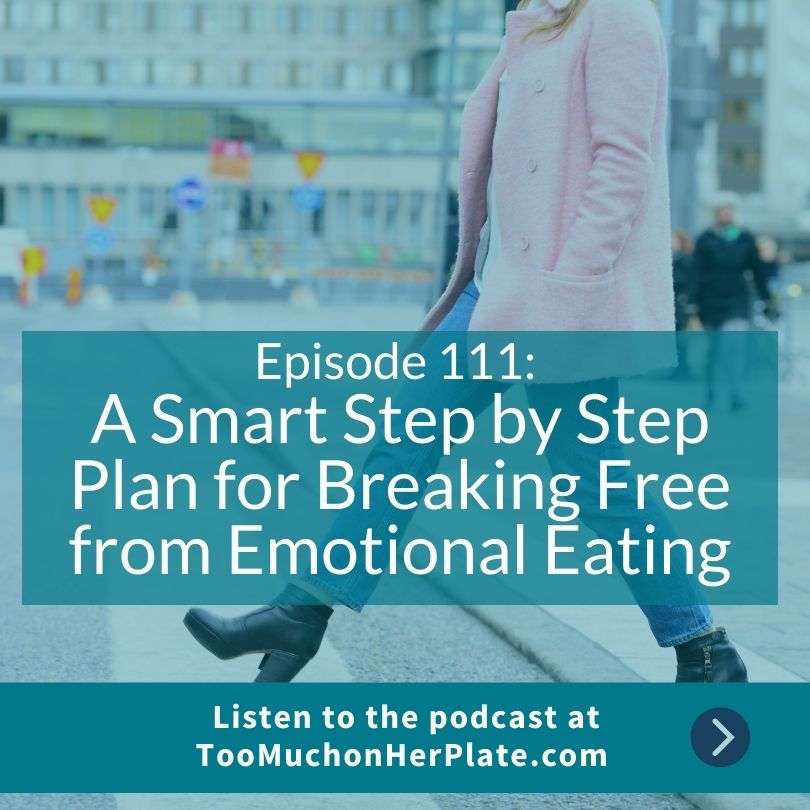4. Substitute curiosity for self-blame and perfectionism when you get off track.
There is a lot of important information available when things don’t go well. Examine why you overate and what you can learn from any missteps. This helps you be successful in the future.
5. Develop a bigger vocabulary to describe your emotions.
Getting better at identifying your feelings helps you learn how to respond to them instead of overeating.
6. Record what’s on your mind.
Write a paragraph or two about how you are feeling every day. Journaling is a powerful way to download your brain and address your emotions directly instead of turning to food.
7. Find ways to connect with yourself and to stay aware of your feelings, your hunger, and your needs.
Set a reminder on your phone to check in with yourself, practice meditation, or spend quiet time alone.
8. Respect your need for “me” time and self-care.
Practice doing something just for you on a daily basis.
9. Identify the feelings that can trigger emotional eating.
Experiment with alternate ways of addressing them.
10. Keep it positive.
Focus on what you will do instead of declaring what you won’t do or eat.
11. Be playful and be curious when you are starting a weight loss plan.
Expect to make mistakes, encounter bumps, and to tweak your plan as you go.
12. Create reminders.
These can be phrases, pictures, quotes, etc. of your peace with food goal. Put the reminders where you will see them frequently.
13. Identify a support system and practice using it.
Friends and mentors can help you stay on track when you don’t feel confident or motivated or need a gentle push forward.
14. Be honest about who you are and what works for you.
Your eating and weight loss plan or program must be a good fit for you and your life if it is going to work.
